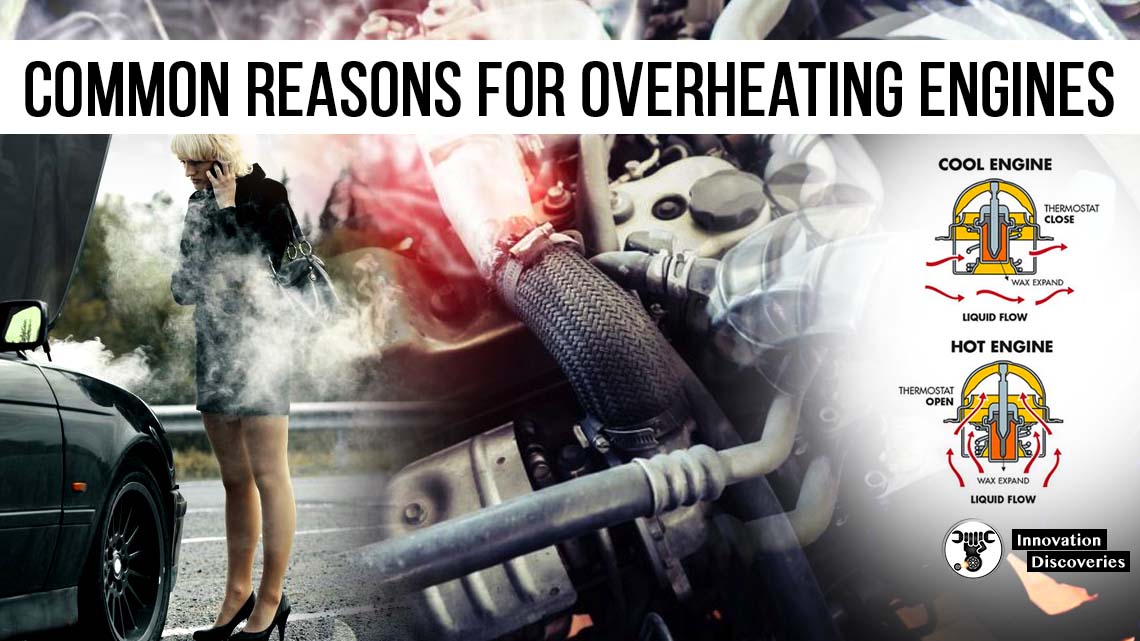
There are a variety of reasons why a vehicle’s engine can overheat.
Certain examples may be quicker fixes, such as refilling your antifreeze, but other issues may be more permanent if not properly taken care of by a professional.
DOWNLOAD:
INTRODUCTION TO INTERNAL COMBUSTION ENGINES
INTERNAL COMBUSTION ENGINE HANDBOOK: BASICS | COMPONENTS | SYSTEMS, AND PERSPECTIVES
ENGINEERING FUNDAMENTALS OF THE INTERNAL COMBUSTION ENGINE | PDF
Below are common factors that can cause a car to overheat:
1. Too little or no coolant
Driving without proper levels of coolant/antifreeze may cause a coolant system failure.
If coolant levels are lower than the manufacturer’s recommendation, refill or top of the levels with new coolant/antifreeze.
When adding a new coolant to an empty reservoir use only a 50/50 mix of antifreeze/coolant and water.
If you are unsure where the coolant reservoir tank is located, or the proper method for refilling it, refer to your vehicle owner’s manual.
READ MORE:
THE POTENTIAL CONSEQUENCES OF OVERFILLED COOLANT RESERVOIR TANK
CHECKING AND TOPPING UP CAR ANTIFREEZE COOLANT
HOW TO REPLACE DEFECTIVE HOSES AND WEAKENED COOLANT IN AN AUTOMOBILE
2. Cooling system leaks
An empty coolant reservoir tank could be caused by a potential leak.
Leaks in the coolant can often be identified by spots or puddles on the ground.
Be aware that coolant will have a sweet smell and maybe green, blue or orange depending on the type of coolant being used.
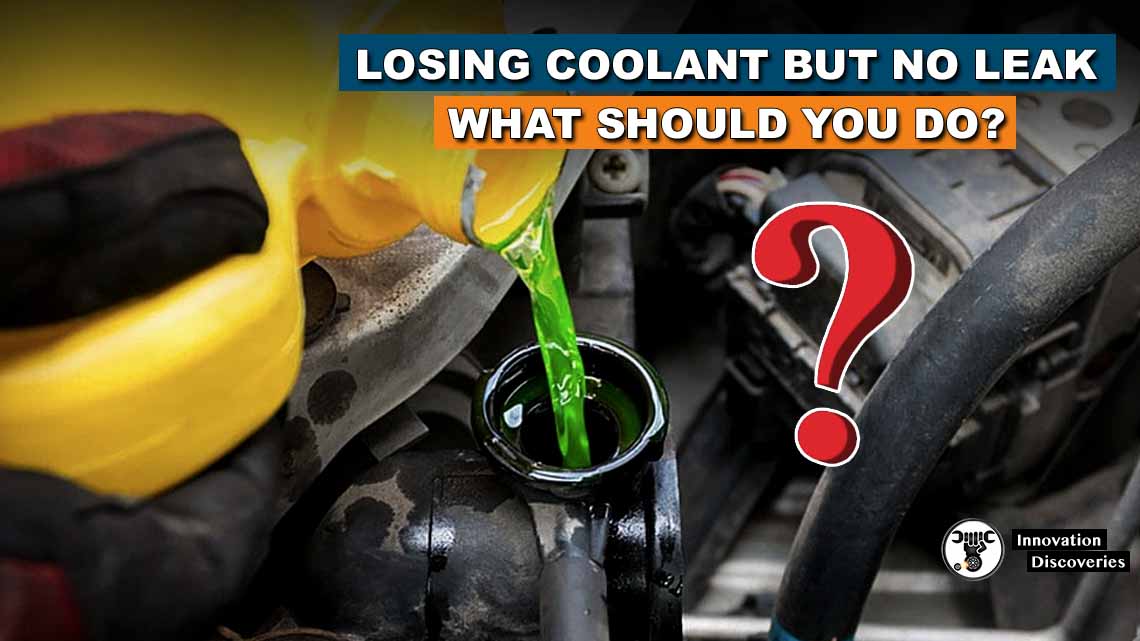
3. A broken water pump
The water pump’s job is to circulate the coolant throughout the engine.
If the coolant is dirty or has too much buildup, it can stop the coolant from moving through the pump, which can lead to an overheating situation.
CLICK TO READ:
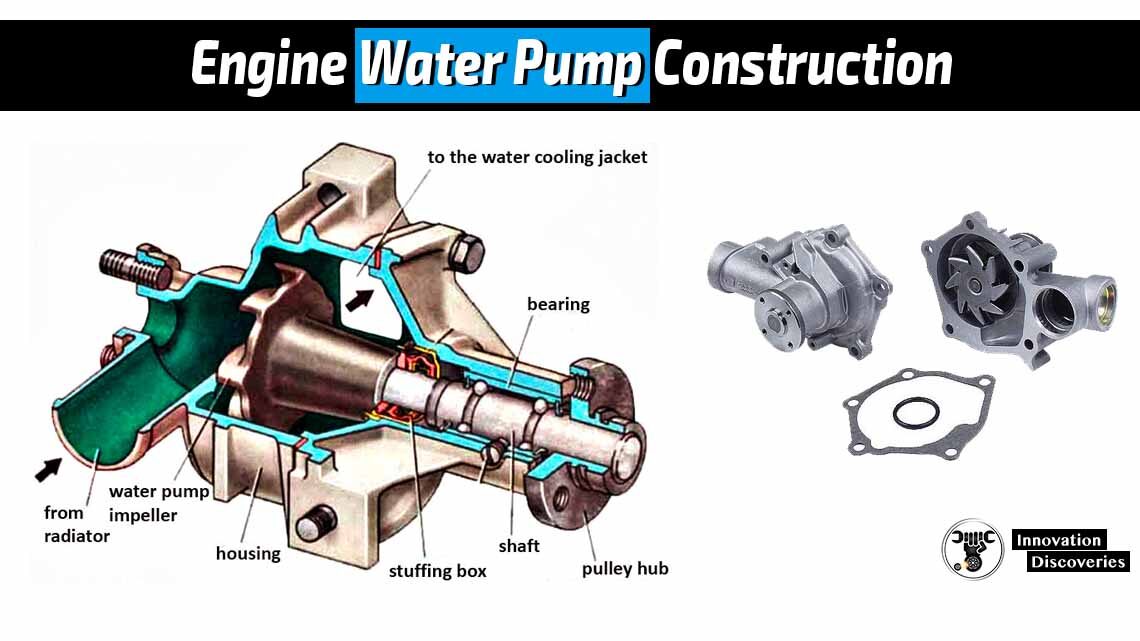
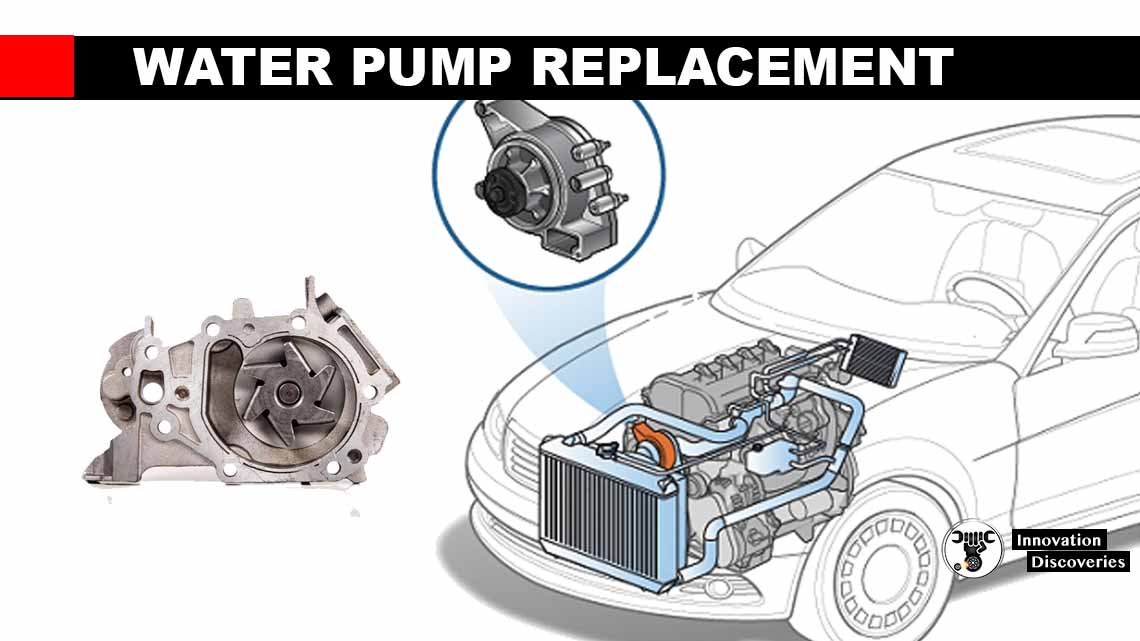
4. Radiator issues
Radiators and their fans help to reduce heat from the engine by decreasing coolant temperatures.
Issues with the fans may reduce the capability of the radiator to remove heat, which will cause unnatural temperature increases.
Read More: LEARN ALL ABOUT VEHICLE RADIATOR
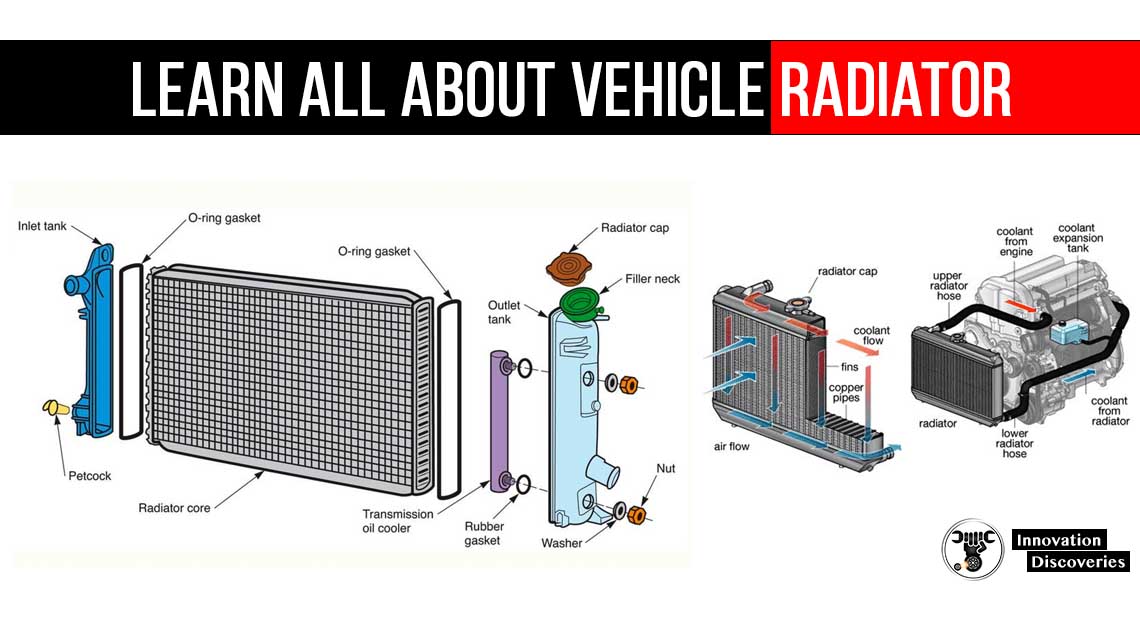
HOW TO CHANGE COOLING-FAN SWITCH IN YOUR VEHICLE
HOW TO APPLY A TEMPORARY REPAIR FOR UPPER RADIATOR HOSE?
5. Oil too low
Outside of lubricating the engine’s parts, a vehicle’s motor oil helps control overall temperatures. Low oil levels may increase engine temperatures.
6. Thermostat failure
Like the thermostat in a home, the thermostat in a vehicle is needed to regulate engine temperatures.
A thermostat failure may cause harm to the engine by not allowing the coolant to flow as intended by the vehicle manufacturer.
CLICK TO READ
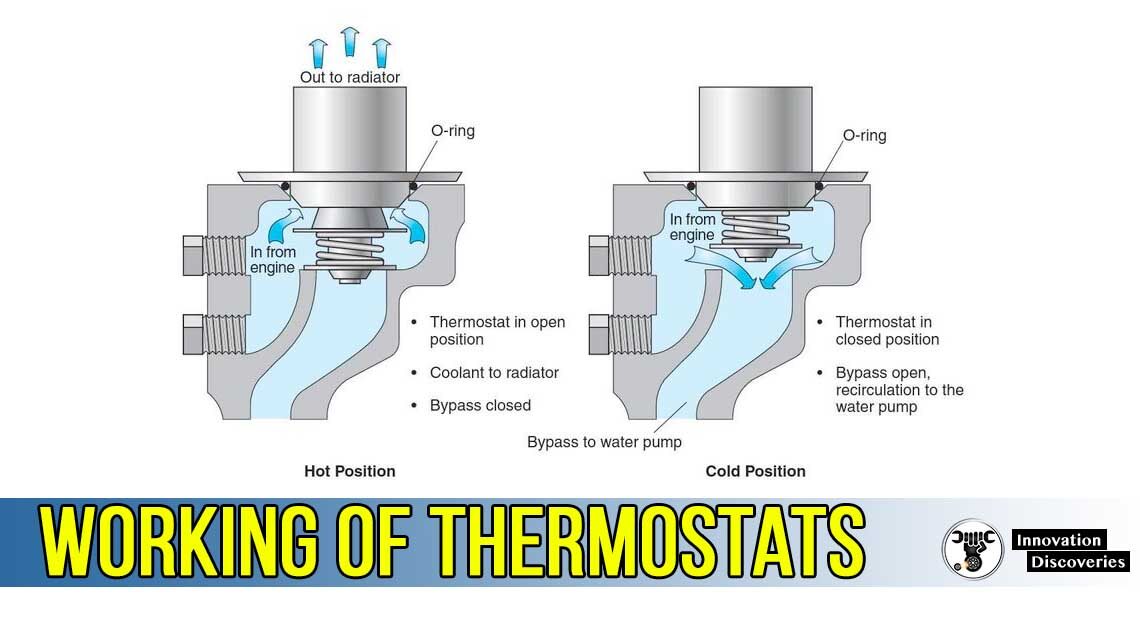
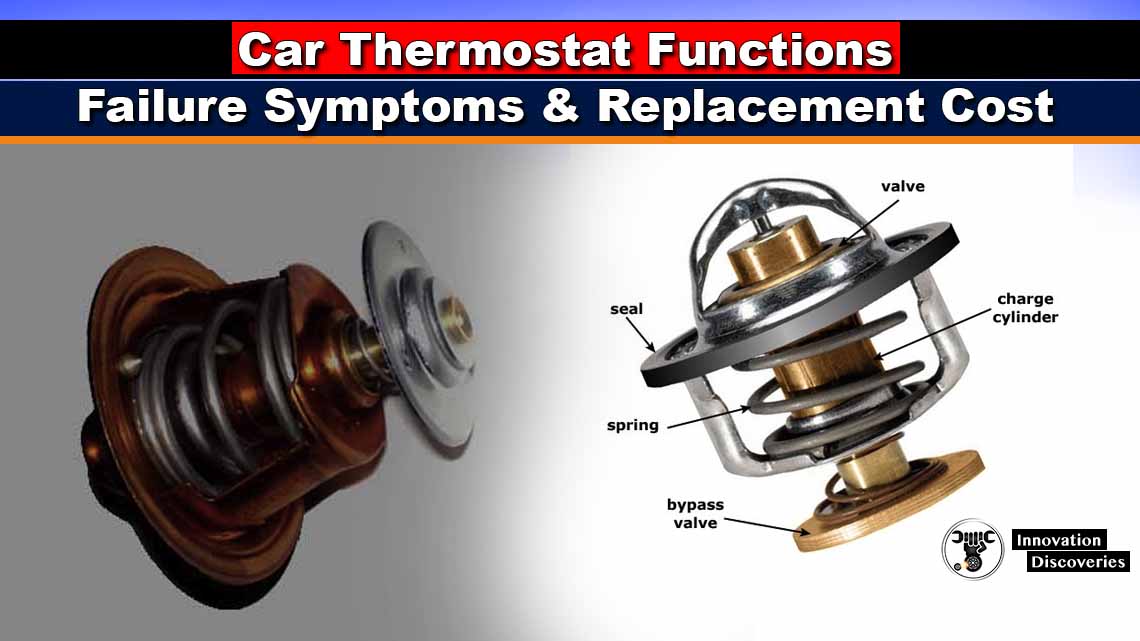
7. Issues with the belts and hoses
If coolant hoses are leaking, blocked or ruptured, or if the belts are worn out or frayed, their purpose of maintaining air and coolant flow to and from the engine and related systems will be limited and may lead to unexpected engine damage.
READ:
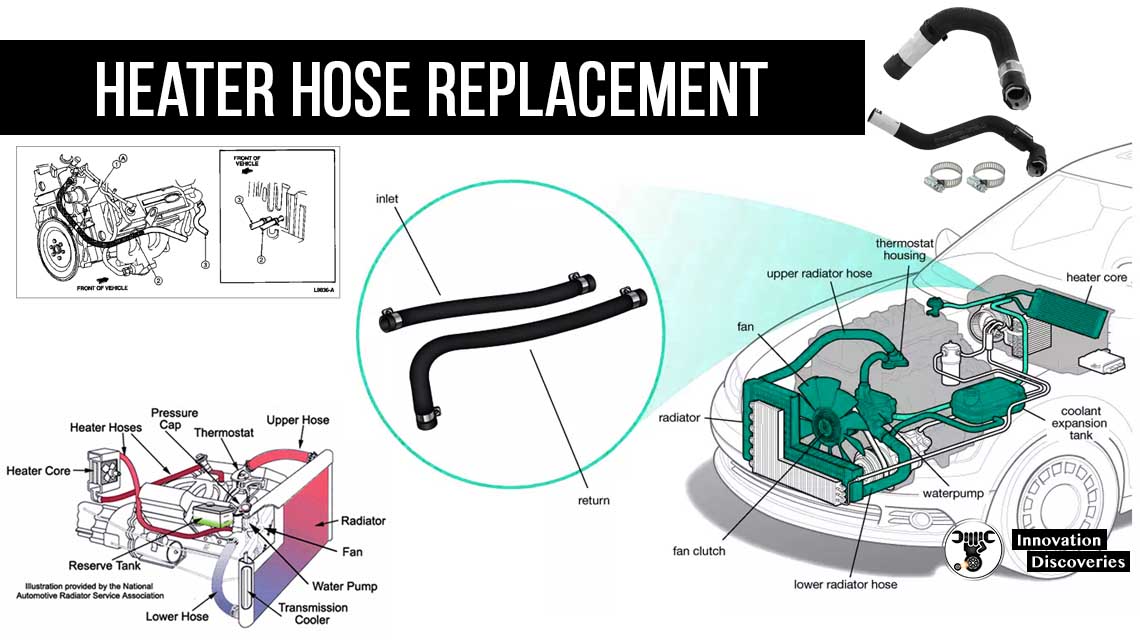
8. Heater core is plugged up
Coolant flow may be compromised if the engine’s heat exchanger unit is clogged or blocked, which can cause overheating in a vehicle’s engine.
Tips to prevent a car from overheating
Remembering a few quick tips as you drive can help to alleviate permanent engine damage down the road.
- Check your vehicle’s coolant levels consistently
- Store an extra bottle of new antifreeze and a gallon of water in your trunk
- Monitor your car’s thermostat as you’re driving
- Do not overuse the car’s air conditioning on extremely hot days
- Help cool the engine by running the heat at the first sign of overheating
- Refer to the vehicle owner’s manual to stay up-to-date on coolant service flushes
An overheating engine is a sign of a serious issue.
Regular maintenance checks will help identify problems early on, before causing permanent damage to your vehicle.
DON’T MISS:
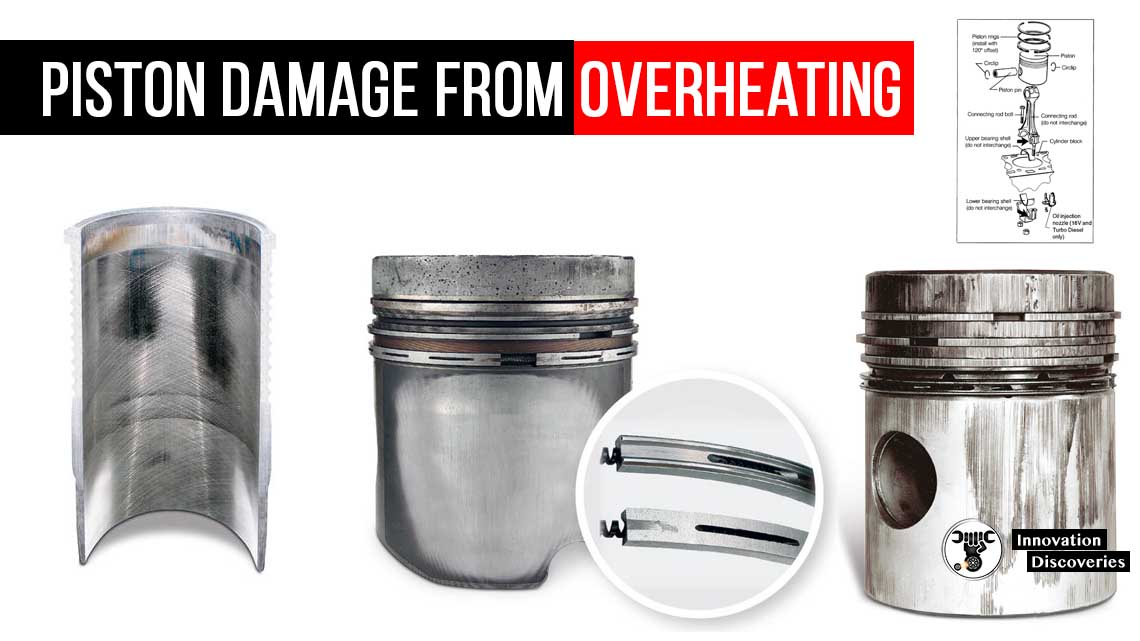
Read: SYMPTOMS OF A BAD RADIATOR CAP (AND HOW TO INSPECT)
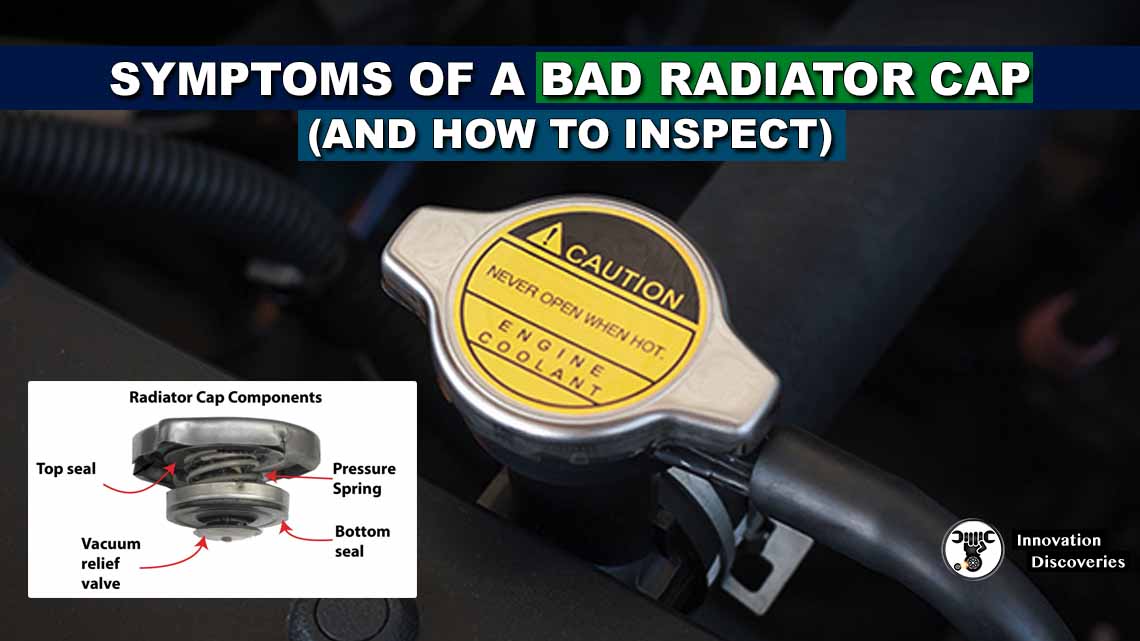
Visit Forum
Visit Our Friendly Website



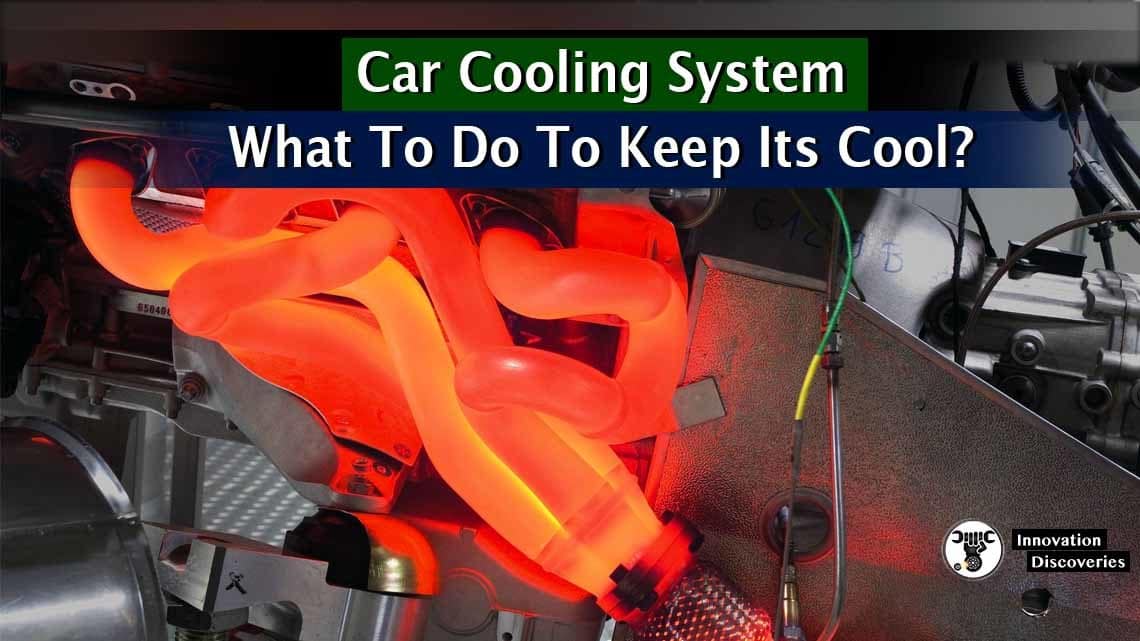
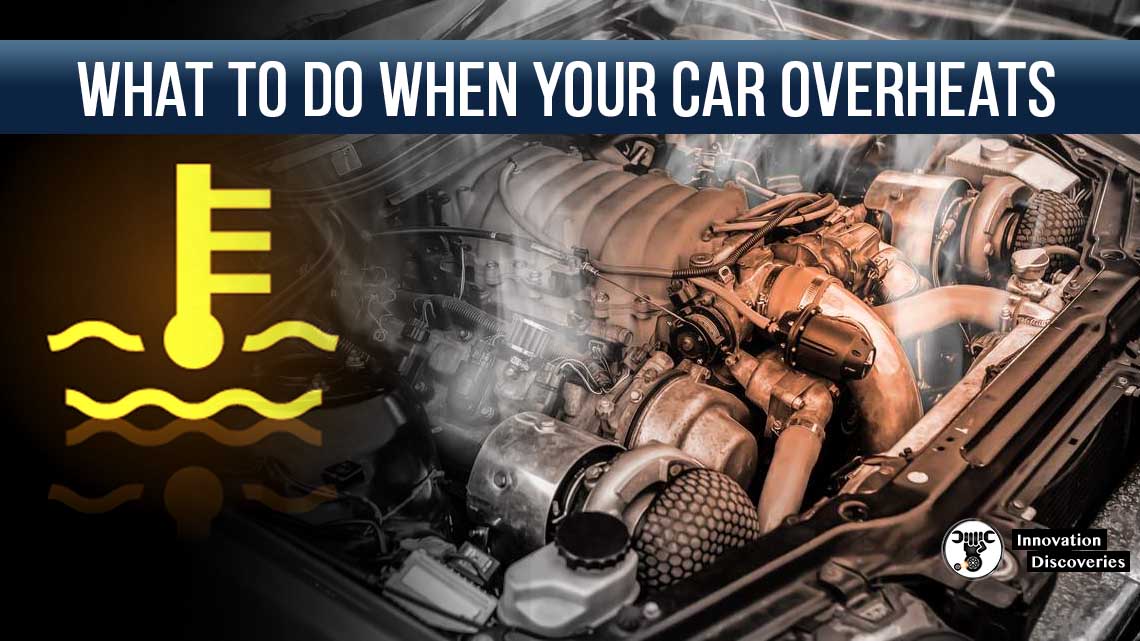
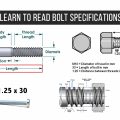
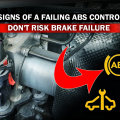


One Comment